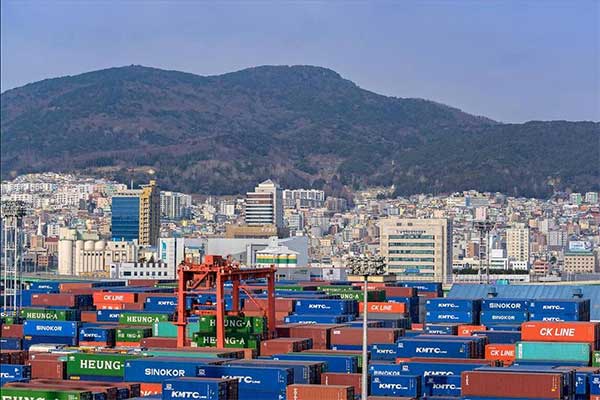
Why are your exported animal products always "strangled" by customs?
Over the past 20 years in foreign trade, I have witnessed countless companies delay their export operations due to a lack of understanding of customs registration requirements. Particularly for special commodities like animals and their products, registration is the "golden key" to unlocking international markets. Today, I will break down this seemingly complex yet orderly process for you based on practical experience.
I. Legal basis for registration: These regulations you must know
In accordance with regulations such as the "Implementation Regulations of the Animal and Plant Quarantine Law of the People's Republic of China," the export of animal products must be "certified for operation." This primarily involves:
- Live livestock: Live sheep, live cattle, live pigs, live poultry, etc.
- Aquatic animals: Different purposes such as for food, ornamental use, breeding, etc.
- Non-edible animal products: Such as fur, bone meal, etc.
Special Reminder: Different product types correspond to different management measures. Please ensure you "match the right seat" before applying.
II. Detailed explanation of application requirements: Does your enterprise qualify?
Taking the most common example of supplying live livestock to Hong Kong and Macao, I have summarized three "hard and fast rules":
- Scale threshold: Live sheep transit holding capacity ≥200 heads; live pig farms annual slaughter volume ≥10,000 heads
- Epidemic prevention requirements: No pollution sources within 500-1000 meters, no disease outbreaks within 21 days
- Management system: Must establish complete health, epidemic prevention and feeding management systems
Once a client was outright rejected because their pig farm was only 800 meters from the slaughterhouse. These details often determine success or failure!
III. Material Preparation Tips: A Veteran Trader's "Pitfall Avoidance Guide"
Based on years of experience, material preparation should focus on three key points:
- Application forms must be standardized: Cover page must bear official seal, different products require corresponding forms
- Supporting documents must be complete: Layout plans, epidemic prevention protocols, qualification certificates - none can be missing
- Special circumstances must be explained: Such as environmental certificates, water quality test reports, etc.
Tip: It is advisable to prepare both electronic and hard copies. Currently, customs is promoting "Internet + Government Services," and online pre-review can save a significant amount of time.
IV. Complete process analysis: 20 working days from application to certification
The standard process is as follows:
- Day1-5: Submit materials, Customs acceptance
- Day6-15: Customs on-site verification
- Day16-20: Review and certificate issuance
If materials have issues, this cycle will be extended. I recommend initiating applications 2 months in advance to allow buffer time for corrections.
V. Key points for continuous compliance: Certification is just the first step
Many companies think obtaining the certificate means everythings settled, but Customs conducts random inspections. You must:
- Strictly implement filed epidemic prevention protocols
- Maintain complete records of feeding, medication, etc.
- Promptly report epidemic changes
Last year, a company suffered heavy losses when their export qualification was suspended for arbitrarily changing feed suppliers.
VI. Handling special circumstances: How to deal with changes and renewals?
Pay special attention to these situations:
- Company name changesSubmit business registration change certificate
- Expand scopeSupplement process description for new projects
- Certificate expiredApply for renewal 3 months in advance
Remember: Any major changes must be reported and approved before implementation!
VII. Practical advice: Advice from a 20-year foreign trade veteran
Finally, share some practical tips:
- It is recommended to establish a dedicated "Customs Affairs Officer" responsible for handling registration matters.
- Regularly attend training organized by customs to stay updated on the latest policies
- Establish a comprehensive quality traceability system, which serves as a "protective talisman" for handling inspections.
Registering export animal products may seem complicated, but as long as you thoroughly understand the rules and operate in compliance, you can smoothly obtain the "passport" to the international market. If you have any questions, feel free to consult us "veteran traders" anytime!


 Follow Customer Service WeChat
Follow Customer Service WeChat